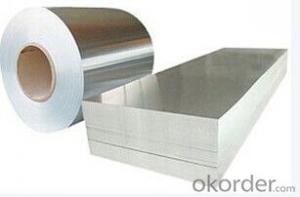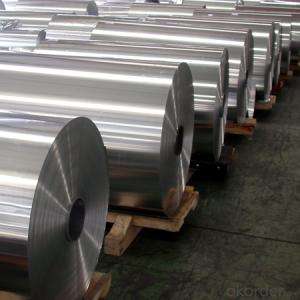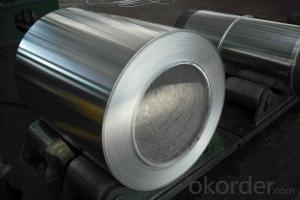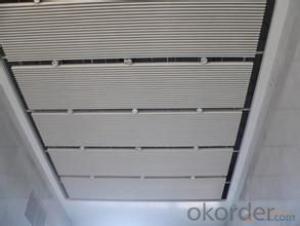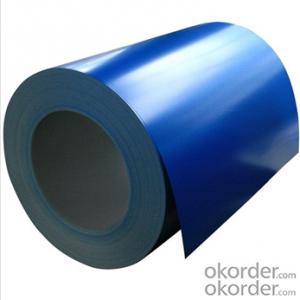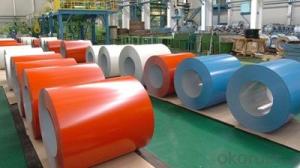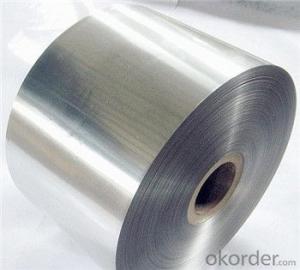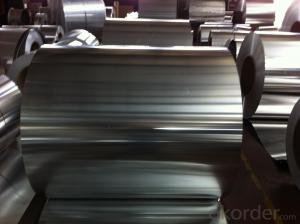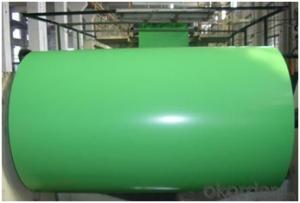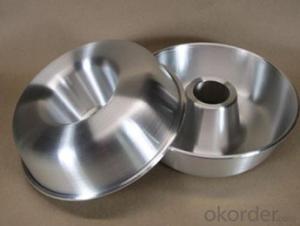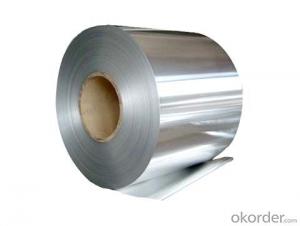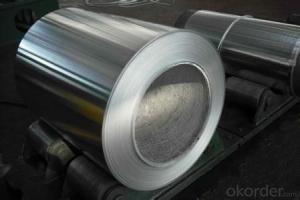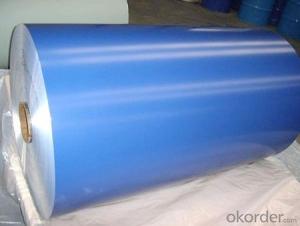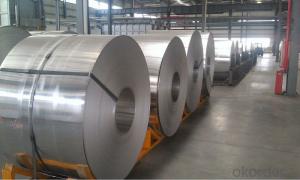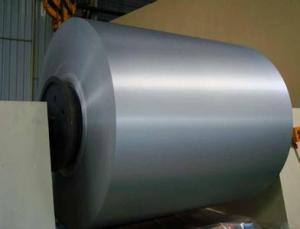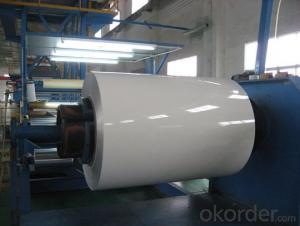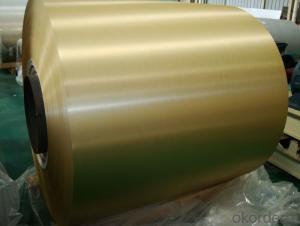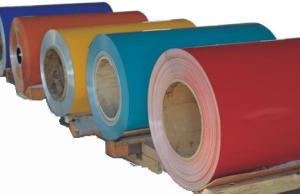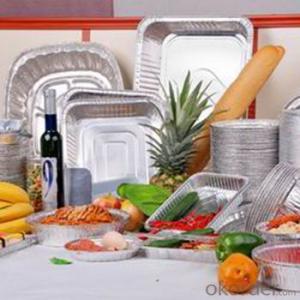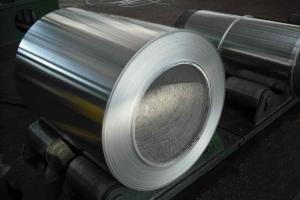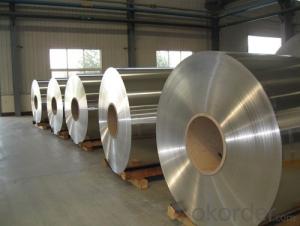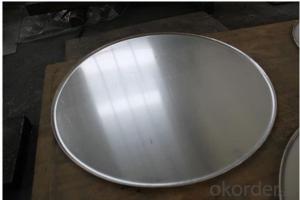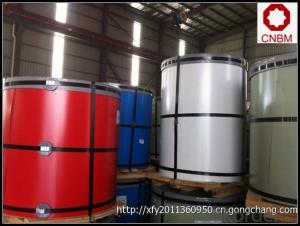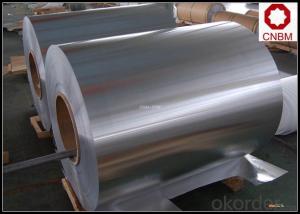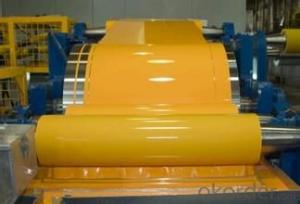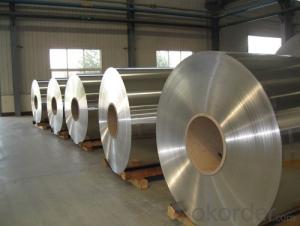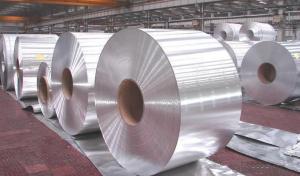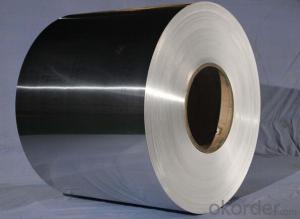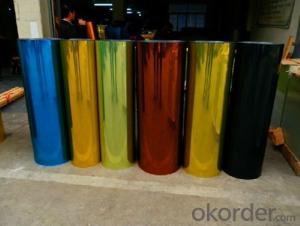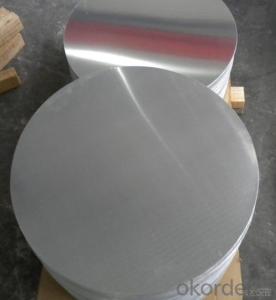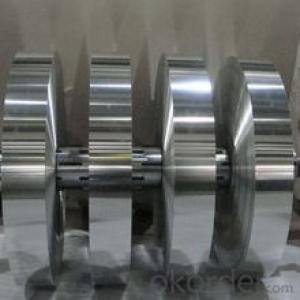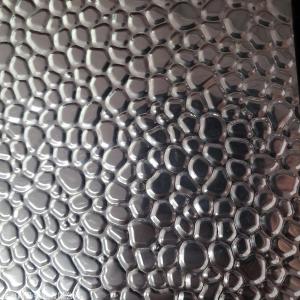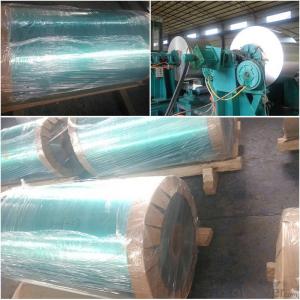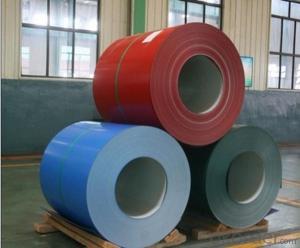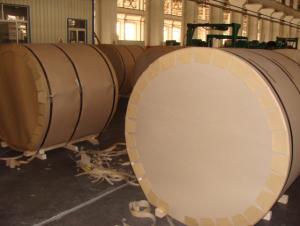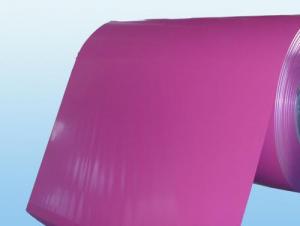Aluminum Coil 1100
Aluminum Coil 1100 Related Searches
1100 Aluminum Coil 1100 Aluminum Foil Aluminum Ac Coil Coil Aluminum Aluminum Alloy Coil Aluminum 1100 Plate Aluminum Copper Coil 1100 Series Aluminum Plate 1100 Aluminum Plate Aluminum A Coil 1050 Aluminum Coil Copper Aluminum Coil Anodized Aluminum Coil Aluminum Wire Coil Black Aluminum Coil White Aluminum Coil Aluminum Tubing Coil Aluminum Siding Coil Aluminum Roof Coil Aluminum Coil White Roll Aluminum Coil 030 Aluminum Coil All Aluminum Coil Aluminum Coil Pipe Aluminum Condenser Coil Aluminum Evaporator Coil Aluminum Coil 3003 China Aluminum Coil Aluminum Tube Coil Powder Coated Aluminum CoilAluminum Coil 1100 Supplier & Manufacturer from China
Aluminum Coil 1100 is a type of aluminum product known for its excellent corrosion resistance, formability, and weldability. It is widely recognized for its purity, as it contains a high percentage of aluminum with minimal impurities. This product is commonly utilized in various industries, including construction, automotive, and packaging, where its lightweight and durable properties are highly valued. In addition to its versatility, Aluminum Coil 1100 is also appreciated for its recyclability, making it an environmentally friendly choice for many applications. Okorder.com is a leading wholesale supplier of Aluminum Coil 1100, offering a vast inventory to cater to the diverse needs of clients across different sectors. With a commitment to quality and customer satisfaction, Okorder.com ensures that the Aluminum Coil 1100 they provide meets the highest industry standards.Hot Products
